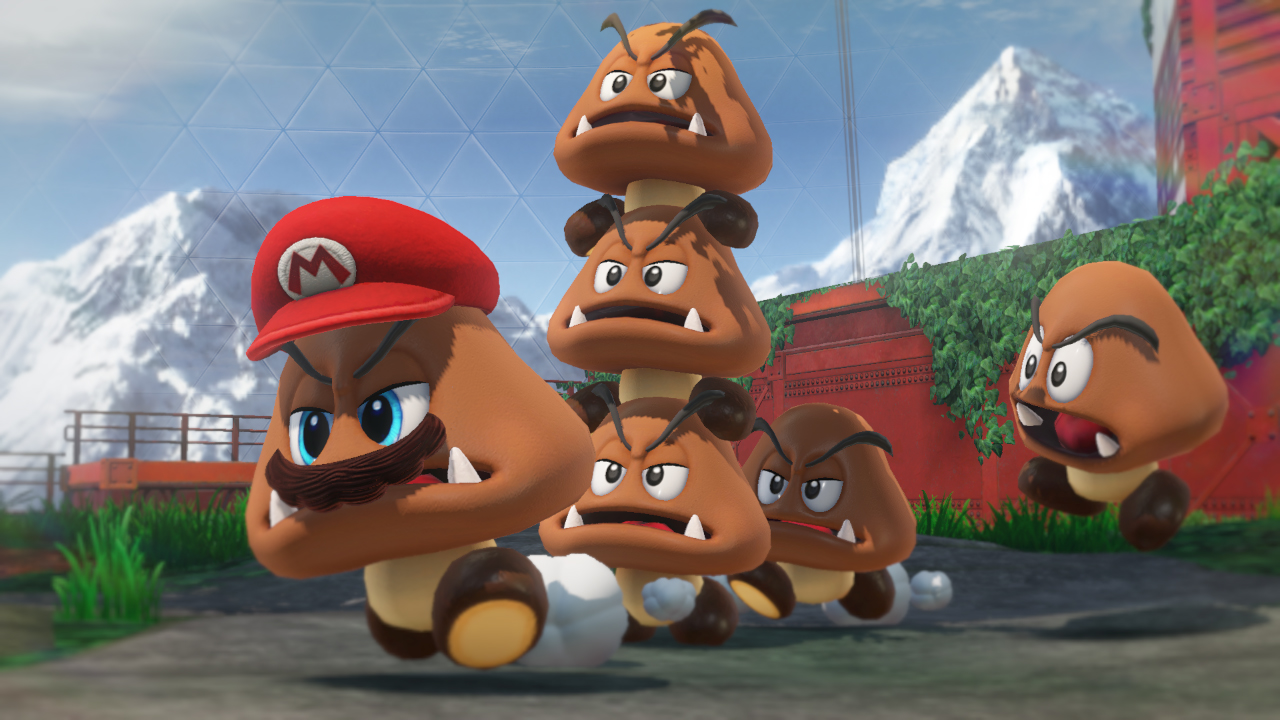
In the wake of Yuzu's $2.4 million settlement with Nintendo, the Mario maker has redoubled its work to fight Switch emulation, but these efforts don't involve any argument that emulation itself is illegal. Instead, Nintendo is relying on an extremely specific part of a decades-old copyright law to kill a load of software that can be used to pirate Switch games.
Earlier this month, Nintendo issued a pile of takedown notices to GitHub under the Digital Millennium Copyright Act, or DMCA, as TorrentFreak reports. Two pieces of software have been the primary targets in the company's crosshairs: Lockpick and SigPatch-Updater. Lockpick is a piece of software that can extract cryptographic keys from Switch games, while SigPatch-Updater allows users to bypass the verification process for digital games. Neither one of them is new, and both have been playing a game of DMCA whack-a-mole with Nintendo for ages.
Both physical and digital Switch games include what Nintendo calls technological protection measures, or TPMs. As Nintendo itself explains in one of those takedown notices, "When a game is started on the Nintendo Switch console a Game TPM is decrypted using cryptographic keys that are protected by Console TPMs. The games themselves can then be decrypted by the decrypted Game TPMs so the game can be played."
The DMCA includes a section that says "no person shall circumvent a technological measure that effectively controls access to a work protected under this title." In other words, any attempt to bypass DRM is a violation of copyright law no matter the intent - or at least, that's how Nintendo interprets the law, and that argument has been very effective at getting hosts like GitHub to take down software like Lockpick and SigPatch-Updater.

SigPatch-Updater doesn't even actually bypass any TPMs by itself. Instead, it allows users to download SigPatches provided by external sources to bypass those checks. Nintendo argues in that takedown notice that the dev behind SigPatch-Updater "is attempting to evade Nintendo’s enforcement efforts by providing SigPatches via a link to a third-party website."
This is effectively the same tactic Nintendo used in its lawsuit against Yuzu. Nintendo's argument was not that emulation itself is illegal; rather, the lawsuit was all about how Yuzu broke the DMCA's provisions against bypassing DRM. Technically, we don't actually know if that argument would even hold up in court here, since the Yuzu devs settled before anything actually went to trial.
I'd recommend checking out the story of Bleem if you're curious what might happen if a company did try to argue that emulation was illegal. Bleem was a for-profit PS1 emulator sold in stores back in 1999, well within the PlayStation's original lifespan. Sony sued the makers of Bleem and failed, as the courts sided with the emulator. Unfortunately, all the legal fees forced Bleem to shut down in the end regardless.
Even as it makes insinuations that emulators are illegal and only good for piracy, Nintendo itself has made extensive use of emulation to power its classics library on Switch, and I wouldn't be surprised to see official emulated Switch games within the next couple of Nintendo console generations. Pirates do indeed make extensive use of emulation, but emulators are also essential to keep gaming history available to a massive modern audience.






